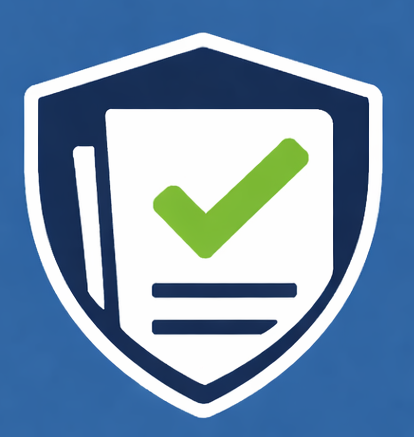Is the Certified Information Security Manager (CISM) the Right Move for Your Career? An Honest Guide for Security Leaders
Learn what the CISM certification is, who it’s for, exam difficulty, study timeline, career value, common mistakes, and whether CISM is worth it for security leaders.










